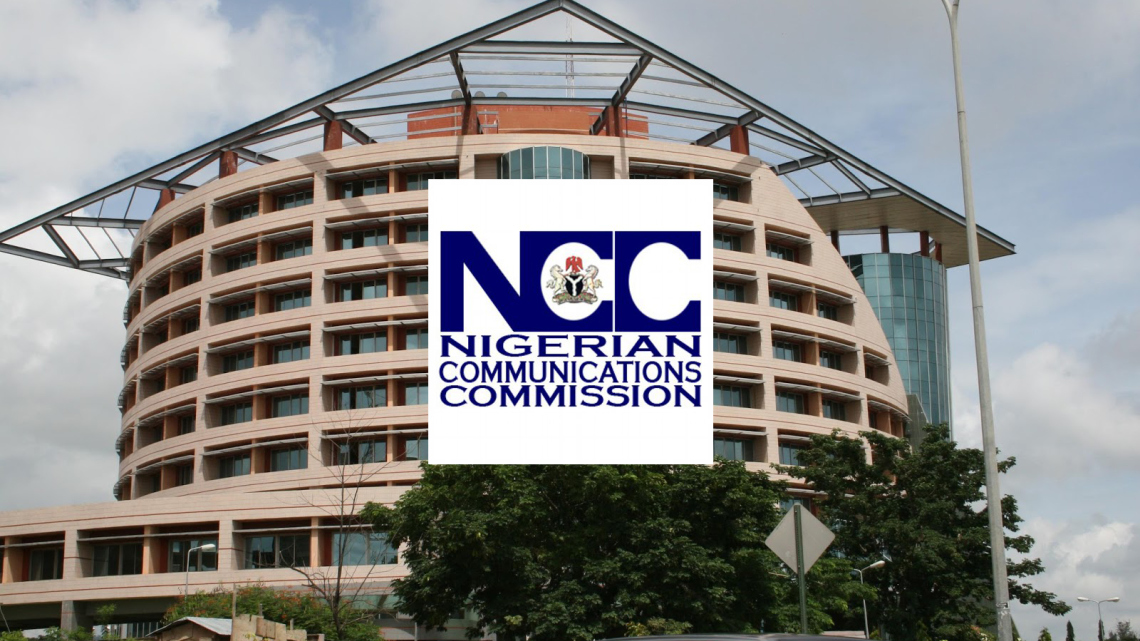The Nigeria Communications Commission has pointed to the nexus between sitting more telecom base stations and quality service, urging Nigerians to discountenance notions that having telecom base stations around them caused cancer and other ailments.
Chief Executive Officer, Nigerian Communications Commission (NCC), Professor Garba Danbatta, gave this charge at the digital innovation conference with the theme, “Building a New Nigeria in a Digital Economy, Policy, Innovation and Entrepreneurship”, held at the Polytechnic, Ibadan.
Danbatta who noted that there was no conclusive evidence by the World Health Organisation linking base stations and contacting diseases, decried that some Nigerians hindered telecom companies from sitting their based stations.
Though noting that Nigeria boasted of more than 153.5 million active lines and 97 million internet penetration, he noted that service offerings by providers would be better with more base stations.
Danbatta, represented by Head, Public Affairs Department of the commission, Mr Rueben Muoka said, “we also found out that people say base stations causes cancer, malaria, leprosy, headache and other messages. We have engaged the World Health Organization research team in Nigeria and they have said there is no conclusive evidence that telecom base stations cause cancer or other ailments.”
ALSO SEE: CBN to go after bank CEOs, others over insider related loans
“Some of them are based on gossip, hearsay, researches are ongoing.
But the biggest disadvantage is that people don’t allow service provider’s site their base stations, and without base stations, service will not be available and the quality will be affected if base stations are far away. In foreign countries, we have base stations on buildings or where people have officers, and nothing has happened to them.”
“We are begging for infrastructure so we should hinder it from being cited for us to have quality services.”
At the NCC event co-hosted by Centre for Cyber Awareness and Development (CECAD), Danbatta added that the commission was working to meet the targeted 30 percent broadband penetration by 2018.
Drawing from the measurement of the International Telecommunications Union, he added the penetration currently stood at 21 percent, evident in successful online transactions in the country.
He further lamented that offering quality service was challenged by multiple taxation and multiple regulations which resulted in shutting of base stations and infrastructures required for ubiquitous services.
He warned that the NCC wouldn’t hesitate to begin another round of sanctioning should telecom fail to abide by laid down performance indicators.
“We are aware of the level of quality of service in the country. We are aware that a lot of phone users are complaining about many things going on, especially with the service providers.’
“We know there is infrastructure deficit in the country that is making some people stay out of the telecommunications network. If you drive through Ibadan, at some point, service will drop so some of those issues are beyond what we can command what the service provider to do because he has to invest money.”
“We have key performance indicators. We have told them the threshold they must maintain otherwise they face penalties.
We are monitoring and we hope they are improving because the next stage will be another sanction if they don’t meet the key performance indicators.”
“Some of the regulations we have come up with are from complaints of customers’ outreach, telecoms parliament.”
The event attracted budding application developers, Executive Director, Paradigm Initiative Nigeria, Mr Gbenga Sedan; President, Nigeria Internet Registration Association, Mr SundayAfolayan; representatives of National Identity Management Commission and Nigeria Postal Service.

 Football2 days ago
Football2 days ago
 Business1 week ago
Business1 week ago
 Business1 week ago
Business1 week ago
 Education1 week ago
Education1 week ago
 Crime1 week ago
Crime1 week ago
 Covid-191 week ago
Covid-191 week ago
 Latest5 days ago
Latest5 days ago
 Business1 week ago
Business1 week ago













